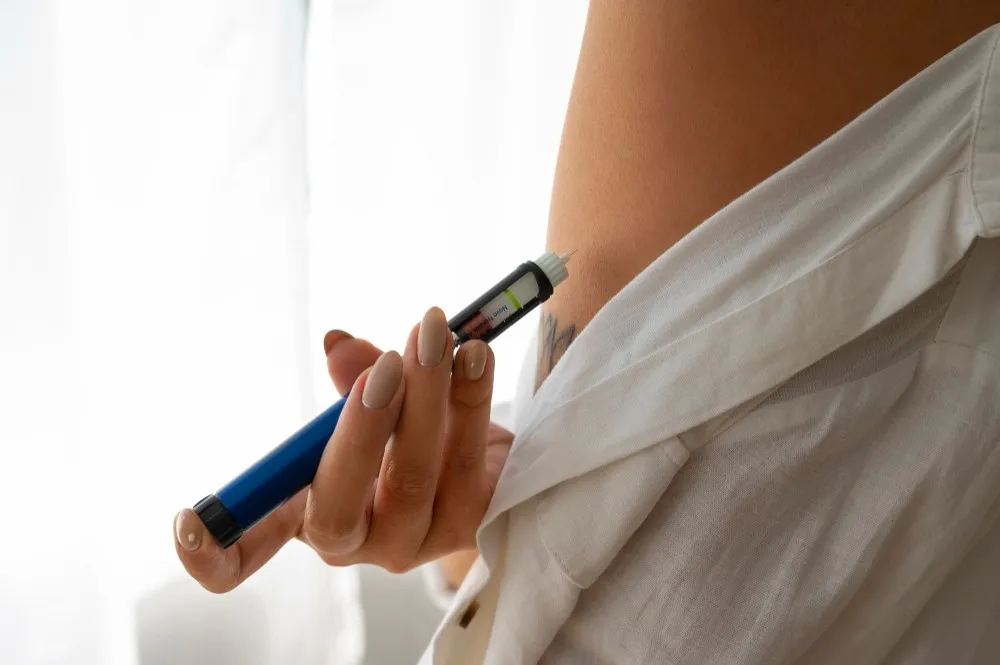What is Self-monitoring of Blood Glucose?
Self-Monitoring of Blood Glucose is the monitoring of blood sugar level by the patient himself at multiple times during the day or during the week. Besides better treatment of diabetes, it also helps a patient to understand the disease. Come let's dive and understand who should monitor their blood sugar levels below.
Who should monitor the blood sugar (glucose) level
You should monitor blood sugar levels if you:
- Are a Diabetic patient taking insulin
- Have low blood sugar level
- Have fluctuations of blood sugar levels - low or high blood sugar levels
- Are a Pregnant woman
Why should you monitor your blood sugar (glucose)?
It is recommended for diabetic patients to achieve & maintain normal level of blood sugar. Different readings of blood glucose help doctors better treatment planning. Also, it helps patients to make changes in diet & physical activity (as directed by dietician & doctor). It also helps to detect severe variations in blood glucose levels (hypoglycemia - low blood sugar levels; hyperglycemia - high level of blood sugar.
When should you monitor your blood sugar (glucose)?
The frequency of blood sugar monitoring is different for different set of patients. Your doctor recommends you the frequency of checking the blood glucose level, depending upon your need.
What are the target blood sugar (glucose) levels?
Target blood sugar levels for normal individuals who are not suffering from any diabetes type are:
Normal blood sugar levels (fasting) - 70 -130 mg/dl (American Diabetes Association)
Normal blood sugar levels (2 hours after meals) - <180mg/dl (American Diabetes Association)
How can you monitor blood sugar (glucose) levels?
Blood glucose meters are available, which detect the blood sugar level with the help of a blood drop from the tip of finger. Different meters have separate standards, it is wise to refer the standards of the new meter using a test sample of blood that has target blood glucose levels. Instructions of use are mentioned clearly on the leaflet of the glucose meter
What should you do if your blood sugar (glucose) levels are not in range?
If blood sugar is not in range, you should consult your doctor &/or your diabetic educator. Your diabetes physician &/or diabetic educator will explain you about the abnormal readings which should be communicated to the doctor & the diabetic educator.
What is Uncontrolled Diabetes?
Uncontrolled diabetes is the condition in which blood sugar levels are above the normal range, including a high HBA1C - 7.0%.
What is Hypoglycaemia?
The condition when the blood sugar level falls below the normal level is known as hypoglycaemia. The normal level of blood sugar is 70-110 (fasting). The patient presents with sweating, fast heartbeat, light-headness, giddiness, irritability, impatience. Severe hypoglycemia may also manifest as loss of consciousness & fall.
What is Hyperglycaemia?
The condition when the blood sugar levels rises above the normal level is known as hyperglycaemia. The normal level of blood sugar is 70-110 (fasting). Usually patients present with increased thirst, frequent urination. The urine shows high level of sugar content.

Reviewed by







